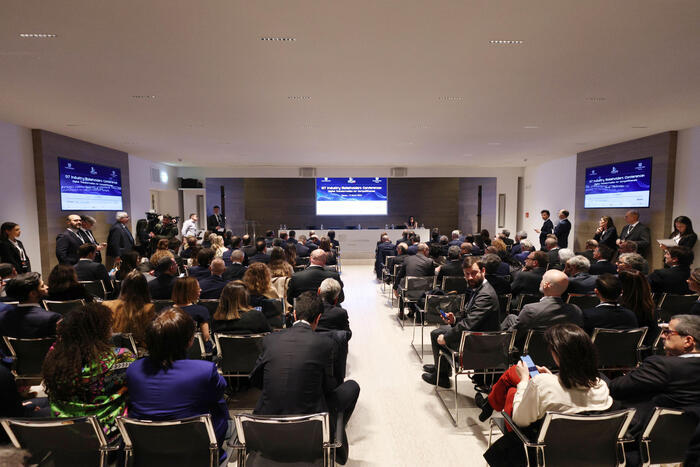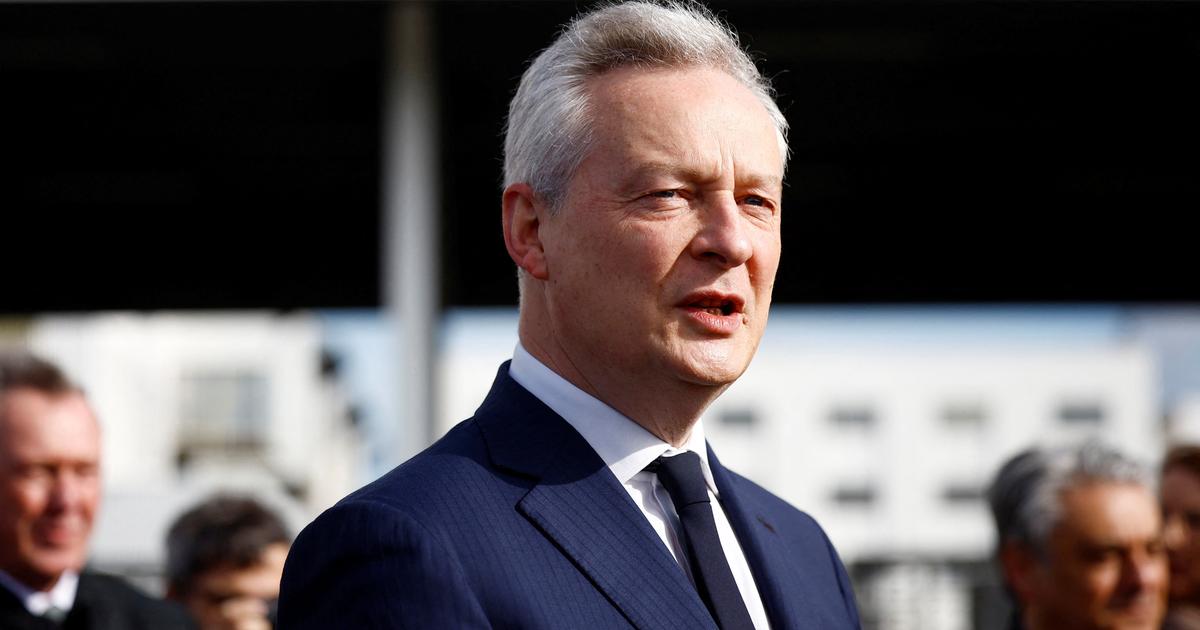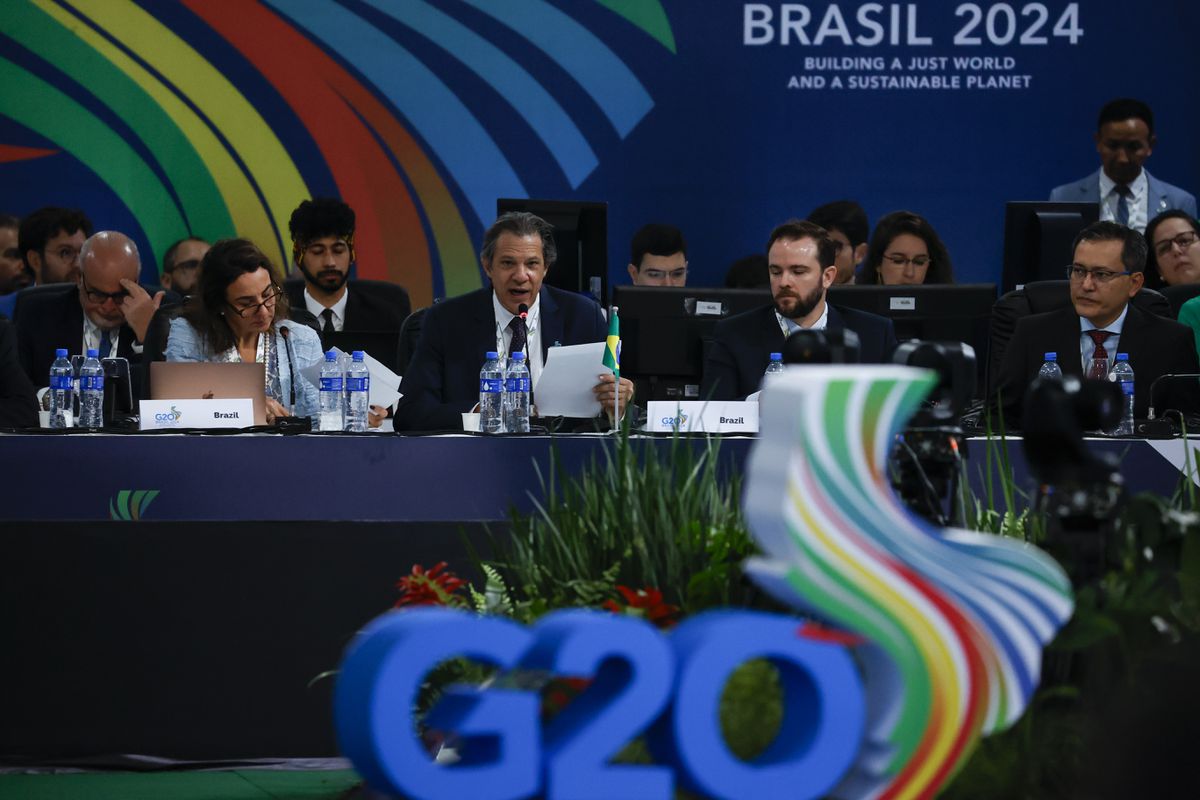The G7 economy ministers, which groups Canada, the United States, Japan, France, Germany, Italy and the United Kingdom, reached a "historic" agreement on the reform of the global tax system this Saturday in London, according to the British minister. of Economics, Rishi Sunak.
The pact establishes a minimum corporate tax of "at least 15%".
The pact will require multinational tech giants to make their fiscal contribution
, Sunak said in a statement posted on his Twitter account.
The pact agreed by the finance ministers of the seven most advanced economies will be analyzed at the meeting of the G20 - developed and emerging countries - and central bank governors to be held in July in Venice, Italy.
The meeting of the G7 finance ministers will be followed next week by the summit of the G7 leaders, which will meet from June 11 to 13, in Cornwall, England, where final details are expected to be finalized.
"I am delighted to announce that today, after years of discussions, the G7 Finance Ministers have reached a historic agreement to reform the global tax system," Sunak said at the end of the meeting, held in the Lancaster House palace, in the center of the British capital.
[Why the next three months can shape Biden's next three years in office]
The objective is to prevent large multinationals from avoiding paying taxes by hosting a significant part of their profits in jurisdictions that offer them a very low level of taxes to attract them.
These optimization practices, although legal, are becoming increasingly unbearable for public opinion and for the coffers of many states. Especially with the crisis that has triggered the debt.
Britain's Chancellor of the Exchequer Rishi Sunak (left), US Treasury Secretary Janet Yellen (back turned), IMF Managing Director Kristalina Georgieva (center), and Canadian Finance Minister , Chrystia Freeland (right), chat on the first day of the G7 finance ministers meeting at Lancaster House in London, England on June 4, 2021.Stefan Rousseau / POOL / AFP via Getty Images
The pact is designed to adapt it to the "global digital age" and, "what is crucial, to ensure that it is fair, so that the right companies (the tech giants) pay the right tax in the right place and that is a price huge for the British taxpayer, "added the head of Economy.
[Truckers and nurses: these are the jobs most required during the economic reactivation (and the ones that nobody wants)]
"The agreement reached here says that at least 15% (of the corporate rate)," insisted the minister when defending his decision not to press for a higher percentage, 21%, as the US Administration wanted.
"This is something that has been talked about for at least ten years.
And here, for the first time today, we have reached an agreement of tangible principles on how these reforms should be and that is great progress," added Sunak, who called the system "fair".
The United States Secretary of the Treasury, Janet Yellen, representing the Biden Government, has also proposed a solution for the 100 largest multinational companies in the world to pay taxes in the territory in which they generate their profits, regardless of whether they have a physical presence in the place.
The president had suggested increasing taxes on companies, from 21% - the level established in 2017 - to 28%, but on Wednesday the president offered as an alternative to apply a minimum rate of 15% to corporations.
[Maintaining the child tax credit would help 65.6 million American children]
In recent months, Biden had raised a tax hike for large companies to defray the public spending landslide, as well as another 15% minimum income tax. accountants, those that report to investors, as opposed to income that is reported to the Treasury.
In Europe, countries that like France have high rates for corporate tax, which in 2022 wants to converge to 25%, would have preferred that the minimum tax figure was the highest possible.
At the same time there are others that offer very low rates (such as Ireland or Hungary) and do not want to lose their added value for companies.
With information from EFE and AP.








